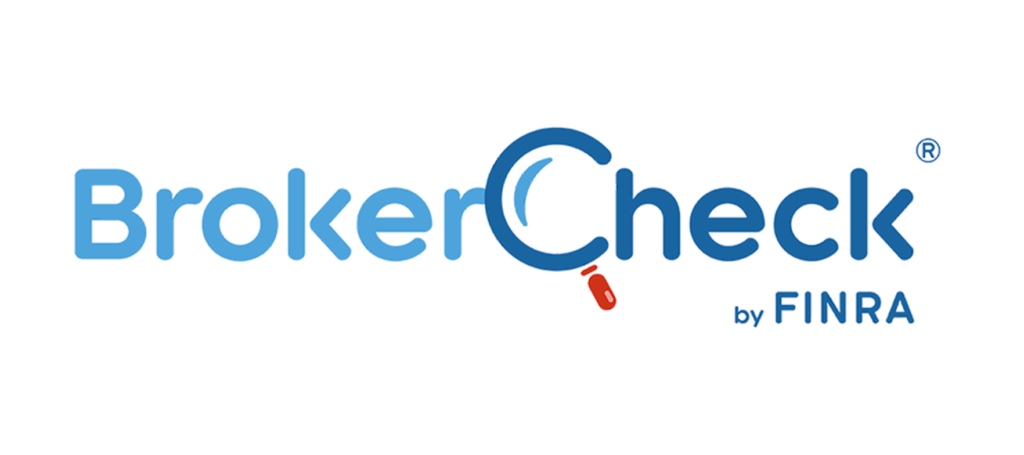- Personal
- Business
- Insurance
- Financial Management
- About
FINANCIAL PLANNING
.jpg?width=2121&height=1414&name=GettyImages-1319766088%20(1).jpg)
Tax season is fast approaching. Whether you’re an individual taxpayer or a small business owner, if you earned income during the 2021 calendar year, you’ll be expected to file a tax return with the IRS.
The IRS sets strict deadlines for filing and paying taxes owed from the prior tax year. Failure to meet these deadlines can lead to penalties and fees, including interest charged on any outstanding amount you owe. For this reason, individuals and small businesses are encouraged to line up their tax planning needs well ahead of the deadlines to make sure their filings are made on time.
Whether you file your own taxes or plan to have an accountant file them for you, it’s important to track these deadlines and make sure your files and payments are submitted on time. Here are the key tax planning deadlines you need to know.
For most taxpayers, the tax filing deadline for 2022 is April 18.
This filing deadline changes from year to year based on federal holidays and deadline adjustments by the IRS. In past years, for example, the IRS pushed tax filing deadlines into May and even June to give businesses and individuals more time to figure out their taxes due to economic disruptions caused by the COVID-19 pandemic.
This year, it is widely believed that the typical mid-April tax filing deadline will be maintained. Although it is possible the IRS could extend the deadline as it has in recent years to accommodate disruptions caused by the pandemic, all tax filers should be prepared to file taxes and make their required payments by this date.
Plan now to make the most of your taxes. Understand the basics of tac planning and the benefits you can expect.
Anxious about filing your taxes on time? Not to worry—needing additional time is more common than you might think, and the IRS has an easy process to grant you extra time to complete your tax planning processes.
If you need more time to complete your taxes—which could happen for many different reasons, ranging from medical emergencies to missing or incomplete tax documents—you can file for an extension with the IRS.
For domestic taxpayers, this is an automatic extension that pushes your filing deadline into mid-October. Check with the IRS to confirm the exact date your extension needs to be filed by. The IRS will also mail you confirmation of your extension approval and a new filing date.
Keep in mind that even if your tax forms filing deadline is extended, your payment of taxes owed isn’t. To avoid penalties, you will need to pay 90 percent of the taxes you are estimated to owe by April 18. If you fail to make this payment—or if your taxes owed are greater than expected—you may owe a small fee for underpayment.
Self-employed and contract workers are typically expected to make quarterly payments on their taxes rather than paying all at once at the traditional filing deadline.
The deadline for first-quarter tax payments in 2022 is April 18. Note that this deadline is for taxes owed in the first three months of 2022, not taxes for 2021. If you haven’t filed or paid taxes for 2021, you will still need to complete that full-year filing prior to the April 18 deadline.
Because of the extra tax planning requirements involved for self-employed filers and small business owners, you may get even more value out of working with a professional tax planner who can manage these deadlines and payments on your behalf.
The IRS gives tax filers around three months to submit their tax forms. The 2022 tax filing season officially began on January 24, which means the IRS is now accepting all tax returns for processing.
If you haven’t figured out how you plan to complete your tax return by the filing deadline, it may be wise to speak with a tax professional or a financial planner who can offer recommendations. Because of the time involved in gathering documents and filling out tax forms, filers are strongly discouraged from waiting until the last minute to figure out their filing plans.
Looking for more tips and insights on how to file your taxes correctly, avoid fees and maximize your return? Download Tax Planning 101: The Beginner’s Guide for Individuals today.

© 2025 FSCB - All rights reserved Bank NMLS 412605 Backed by the full faith and credit of the U.S. Government. First State Community Bank is not registered as a broker-dealer or investment advisor. Investment products and services are offered by First State Financial Management through the registered broker-dealer NBC Securities. Any products and services offered by FSCB are separate and distinct from those offered through NBC Securities.


FDIC-Insured - Backed by full faith and credit of the U.S. Government

© 2025 FSFM - All rights reserved Securities and advisory services offered through NBC Securities, Inc., a Registered Investment Advisor. Member FINRA/SIPC. FSFM is a subsidiary of First State Community Bank. The FSFM name is used by certain employees of First State Community Bank who offer securities, advisory and insurance products and services through NBC, Securities, Inc. NBC Securities, Inc., is under separate ownership from any other named entity. Not Bank Guarantee ▪ May Lose value ▪ Not a Bank Deposit ▪ Not insured by FDIC or Any Other Government Agency NBC Securities, Inc., Client Relationship Summary

%201.png)
Copyright © 2025 First State Insurance Agency, Inc First State Insurance Agency is an affiliate of First State Community Bank due to common ownership. Not a deposit, not FDIC insured, not insured by any government agency, not bank guaranteed and may decrease in value.

